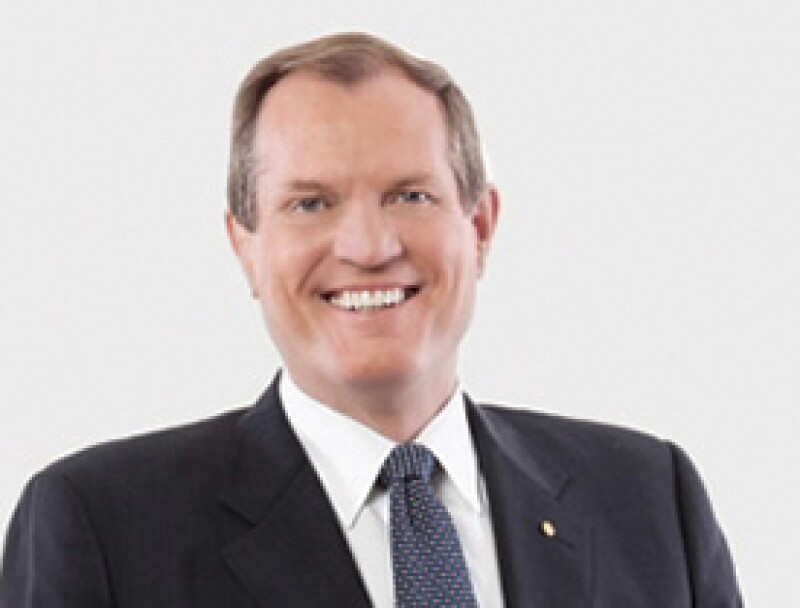
|
Chris Jordan was also in the Global Tax 50 2014 |
Chris Jordan, commissioner of taxation at the Australian Taxation Office (ATO), has made this year's Global Tax 50 for his work as a tax avenger.
Fighting crime has been a part of Jordan's career since his humble beginnings as a policeman for Australia's New South Wales police force. He only served a year in the force, however, before the 'tax calling' became too strong and he decided to go to university to become a tax expert.
Since his appointment as commissioner in January 2013, Jordan has taken a less hands-on approach to fighting crime, instead using his position to stand up directly to multinationals and demand they pay their tax. In a joint press conference with Scott Morrison, Australia's treasurer, to discuss the government's actions to ensure multinationals pay their fair share of tax, Jordan said: "We are presently doing everything we can to ensure multinationals pay tax in Australia on the income that they earn here. We continue to focus on testing the current law and drawing evidence from these cases to provide policy advice to government via the Treasury, and to the OECD".
Throughout 2015 Jordan was directly involved in combatting the tax issues that arose during the investigation into how much tax companies paid to the ATO. He publicly stood up to multinationals such as Apple, Google, Microsoft, BHP Billiton and Chevron, taking them to task over hundreds of millions of unpaid tax.
"They went too far," he told the Sydney Morning Herald. "Traditionally, tax schemes might have taken 25% or 30% of company profits off the table. But these people took the lot. In the past the ATO was not prepared to chase this aggressively."
Jordan has adopted a more direct way of dealing with evasion and aggressive avoidance: "[If] you are 'structuring in' aggressively, we will go after you aggressively".
Jordan has been reinventing the ATO since he became commissioner and during his speech to the Australian Tax Institute's 30th national convention in March 2015 he outlined the next part of his plan to stop tax abuse and improve administration.
"We can no longer have a culture of risk aversion or simply doing things the way they've always been done. We are trying new things, listening and responding to feedback and putting ourselves in the client's shoes," says Jordan.
"Many things influence people's attitudes to paying tax; fairness, complexity, social norms, personal beliefs, economic conditions, advice and relationship with their tax practitioner, and the experience they have with the ATO."
Jordan's plan to combat avoidance involves pursuing ATO compliance initiatives to challenge taxpayer operating principles, as well as continuing to work with the Treasury and international counterparts on implementation of the OECD's BEPS recommendations.
2015 also saw Jordan take on the vice-chairmanship of the OECD's Forum on Tax Administration (FTA) with responsibility for revitalising the joint international tax shelter information centre (JITSIC) network. JITSIC involves tax administrations cooperating to identify and curb abusive tax avoidance arrangements. Australia was one of the four founding members of JITSIC back in 2009, but the network has lost momentum in recent years, hence Jordan's task of breathing fresh life into it.
Jordan is bullish about the year ahead. His confidence is rooted in the fact that information sharing has never been as prevalent as it is today, with even more transparency on the way.
"Let me make one thing clear – with so many tax authorities committed to working closely together, at Australia's instigation, we will have much more timely and detailed information available to us on aggressive tax avoidance," he says Jordan.
"I will be seeking tangible outcomes and developments in what can be a complex and difficult area of tax administration."
The Global Tax 50 2015 |
|
|---|---|
The top 10 • Ranked in order of influence |
|
3. Wang Jun |
|
7. Ian Read |
|
The remaining 40 • In alphabetic order |
|









